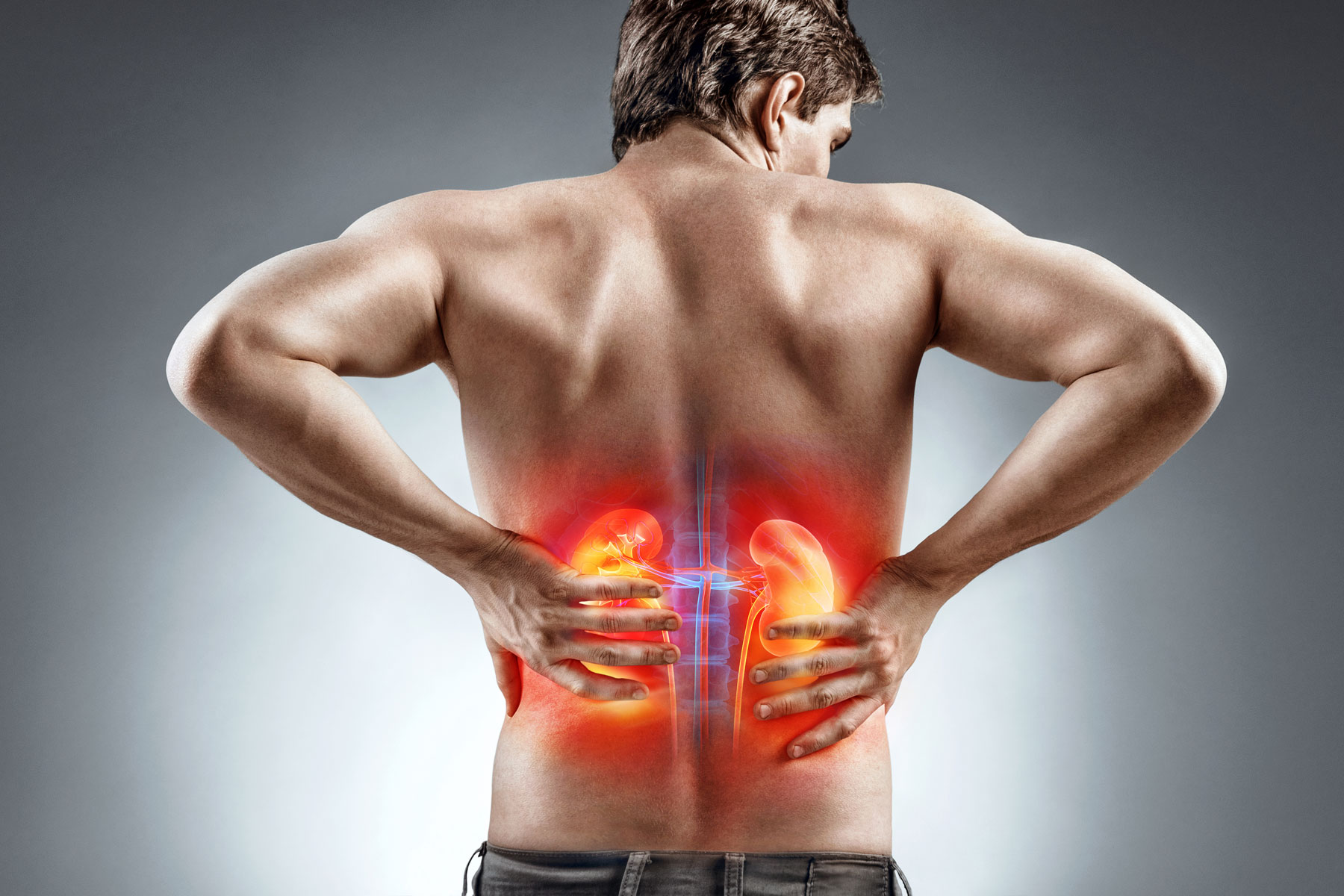Alcohol is a ubiquitous part of many cultures, often used for celebration and relaxation. However, despite its social acceptance, the impact of alcohol on the body can be significant and severe, particularly for those struggling with addiction. Understanding these effects is crucial, as it helps individuals make informed decisions about their alcohol consumption and consider seeking help if needed. Let’s consider the far-reaching consequences of alcohol on various bodily systems, examine signs of alcohol addiction (including kidney pain), and how to seek help.
Effects of Alcohol on the Body
The Digestive System
Consuming alcohol can irritate the lining of your stomach and lead to a variety of problems, including gastritis, ulcers, and acid reflux. Chronic alcohol use can also hinder nutrient absorption in the small intestine, causing deficiencies in essential vitamins and minerals. The pancreas, responsible for producing important digestive enzymes, can also be impacted, potentially leading to pancreatitis – a dangerous inflammation of the organ.
The Renal System
Alcohol affects the renal system, involving the kidneys that filter waste. Excess alcohol can lead to dehydration, a key factor in kidney stone formation. It also alters kidney function, raising kidney disease risk. Kidney pain in heavy drinkers could signal acute issues or worsen chronic disease. Recognizing this pain is crucial to prevent severe kidney damage.
Liver Function
The liver is the body’s primary organ for metabolizing alcohol, breaking it down into less toxic substances. However, excessive alcohol use can damage liver cells and lead to liver diseases such as fatty liver, alcoholic hepatitis, and cirrhosis. These conditions can be life-threatening and often require medical intervention, including potentially a liver transplant.
Brain Function
Alcohol affects the brain in various ways, from altering the levels of neurotransmitters that control mood, to impairing judgment, coordination, and memory. Long-term alcohol abuse can lead to brain shrinkage, cognitive impairment, and a higher risk of neurological
disorders. Wernicke-Korsakoff syndrome, characterized by severe memory and learning difficulties, is one such condition related to alcohol abuse.
Cardiovascular System
Alcohol can have complex effects on the heart and circulatory system. While moderate alcohol consumption may have some cardiovascular benefits, such as raising ‘good’ HDL cholesterol, excessive drinking can lead to high blood pressure, cardiomyopathy (stretching and drooping of the heart muscle), arrhythmias, and stroke. Chronic heavy drinking is a known risk factor for high blood pressure, a leading cause of cardiovascular diseases.
Signs of Alcohol Addiction
Recognizing the signs of alcohol addiction is the first step in addressing the problem. These signs can manifest physically as well as through behavioral changes and social impact.
- Physical symptoms – blackouts, nausea, vomiting, tremors, slurred speech, chronic fatigue
- Behavioral signs – increased irritability, secretive drinking habits, sacrificing hobbies for drinking, legal issues related to alcohol
- Social impact – strained relationships, job loss, legal consequences
If you or someone you know is battling with alcohol addiction, there is help available. Recognizing the problem and taking steps to address it is a courageous act that can lead to a healthier, more fulfilling life.
Take the First Step Toward Recovery
If you’re in the Florida area, seeking treatment at an addiction recovery center is an excellent first step towards recovery. These centers provide comprehensive care, often tailored to the individual’s specific needs and circumstances, to help them overcome their addiction and learn to manage their disease effectively.
Alcohol consumption, particularly in excess, can have profound and lasting effects on the body. Recognizing the signs of addiction and seeking help are critical steps towards recovery. Understanding the potential consequences of alcohol use can empower individuals to make healthier choices for themselves. If you or someone you know needs help with an alcohol addiction, do not hesitate to reach out to a professional treatment center. Your health and well-being deserve it.

